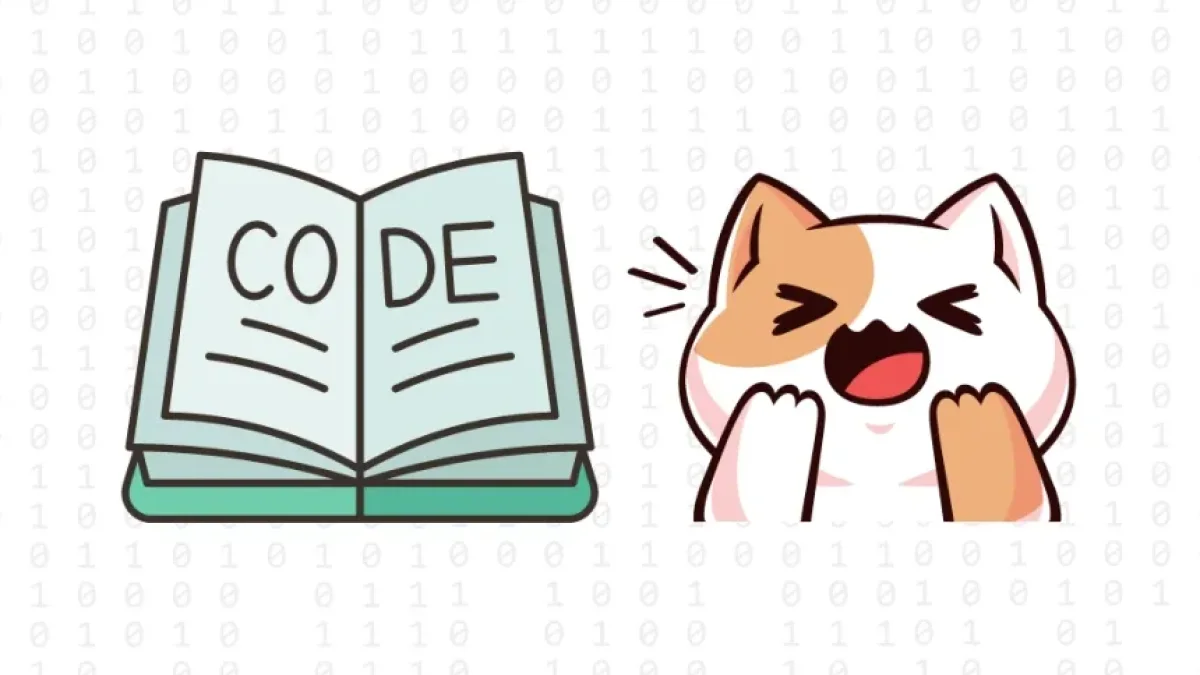What is Variable Scope and Why is it Important


Variable scope is a fundamental concept in programming that defines the visibility and duration of a variable within the code. Understanding scope is crucial to avoiding errors and ensuring that variables are used effectively. In this article, we will explore in depth what variable scope is, the different types of scope, and why understanding it is vital for software development.
What is Variable Scope?
The scope of a variable determines in which parts of a program that variable can be accessed. Depending on where and how a variable is declared, its scope may vary. This concept helps programmers manage memory efficiently and avoid name conflicts with variables.
Types of Scope
There are several types of scope in programming, mainly divided into two categories: global scope and local scope.
Global Scope
Global scope refers to variables that are accessible from any part of the program. These variables are defined outside of any function or block of code and, as a result, their duration is equal to the duration of the program.
Characteristics of Global Scope:
- Accessible from any function or block of code.
- Its duration is equal to the execution of the program.
- It can cause name conflicts if not managed properly.
Local Scope
Read also
Local scope refers to variables defined within a function or a block of code. These variables are only accessible within that function or block and cannot be used outside of it.
Characteristics of Local Scope:
- Only accessible within the function or block where it is declared.
- Variables are destroyed once the execution of the function is complete.
- Helps to avoid name conflicts with other variables.
Block Scope
A more specific type of scope is block scope, which refers to variables defined within a block delimited by curly braces {}. This type of scope is present in languages like JavaScript, where variables declared with let or const have block scope.
Characteristics of Block Scope:
- Only accessible within the block delimited by curly braces.
- Allows for more granular management of variables.
- Ideal for keeping code clean and avoiding memory leaks.
Importance of Variable Scope
Understanding the scope of a variable is crucial in software development. Here are some reasons why understanding it is important.
1. Avoids Name Conflicts
One of the most common problems in programming is the overwriting of variables. When two variables have the same name, it can be tricky to know which one is being used at a given moment. Understanding scope helps avoid these conflicts and ensures that variables are used correctly.
2. Improves Code Maintainability
Variables with an appropriate scope make the code easier to understand and maintain. When variables have a limited scope, it is easier to track their lifecycle and usage in the program. This facilitates teamwork and reduces the likelihood of introducing errors while modifying the code.
3. Memory Optimization
Local and block variables are destroyed once their function or block has finished executing, which means they do not occupy memory unnecessarily. This is especially important in large applications, where memory management can be a critical factor in performance.
4. Eases Debugging
Good scope management simplifies debugging errors in the code. When it is clear which variables are accessible in each part of the code, it becomes easier to identify where an error is coming from or why a variable is not behaving as expected.
Conclusion
In summary, the scope of a variable is an essential concept in programming that defines where and when a variable can be accessed. There are different types of scope, such as global, local, and block scopes, each with its own characteristics and benefits. Understanding variable scope not only helps avoid name conflicts and improve code maintainability but also optimizes memory usage and facilitates debugging.
When developing software, it is crucial to consider variable scope to write efficient and clean code. With this understanding, programmers can create more robust and maintainable applications.



















